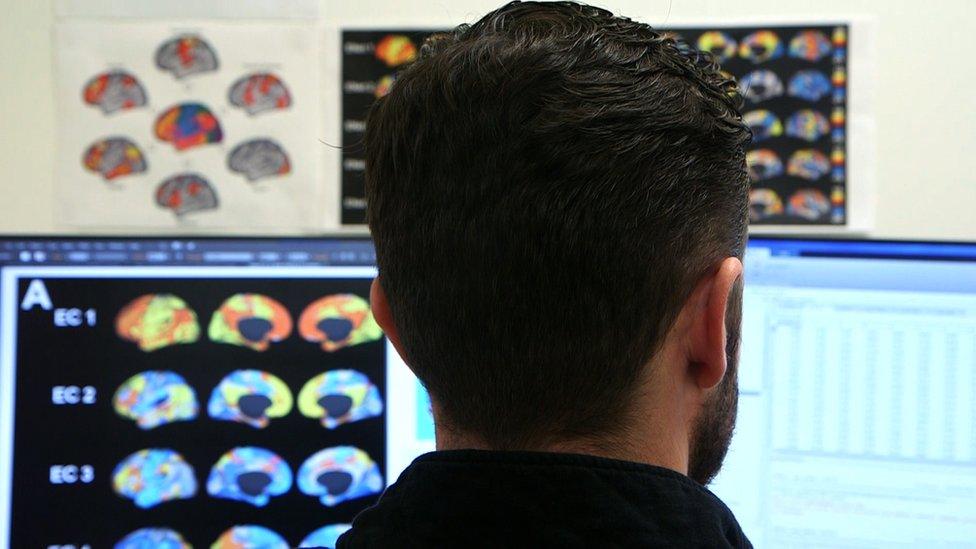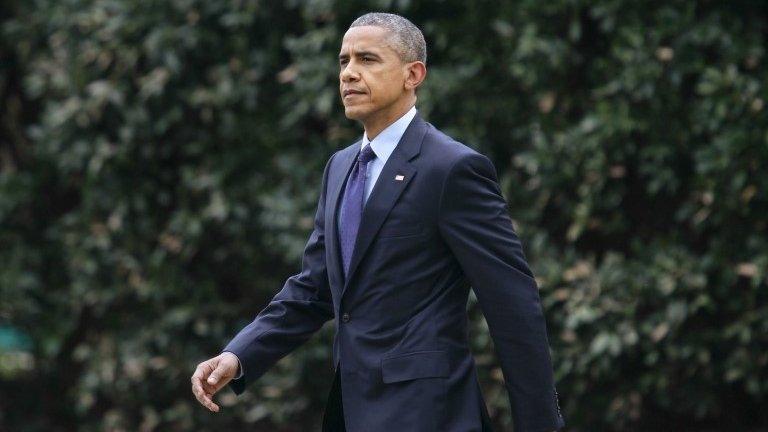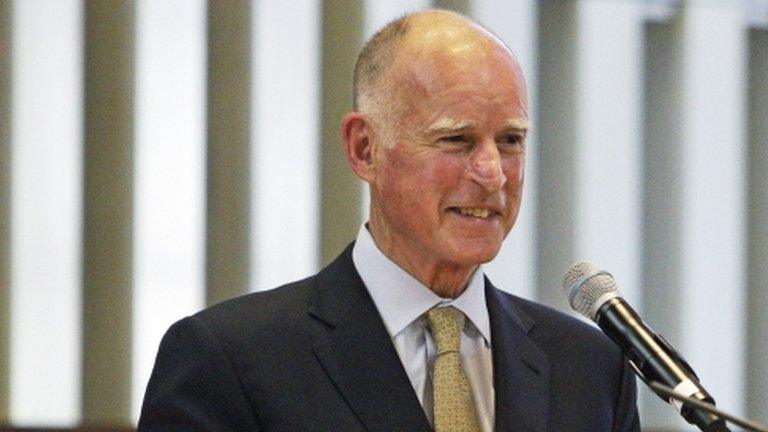Global health group takes on gay conversion therapy
- Published

The World Psychiatric Association is the latest, and largest, medical organisation to oppose gay conversion therapy.
The world's largest organisation for psychiatrists - the World Psychiatric Association - has announced their opposition to the so-called practice of "gay conversion" or "reparative" therapy, declaring it unethical, unscientific and harmful to those who undergo it.
When Michael Ferguson reflects on the near decade he spent experimenting with various forms of so-called gay conversion therapy, his voice is strained.
"I feel like I still have a lot of unresolved trauma from it," he says. "It's hard to fully deprogramme."
Ferguson grew up in Virginia in a close-knit, Mormon family. As he grew up he realised his personal desires conflicted with the expectation that he would marry a woman and have children with her.
After hiding his sexuality from those around him for years, Ferguson sought out reparative therapy as a solution. At 22, he underwent treatment ranging from speech and cognitive therapy to hypnosis and addiction treatment.
Ferguson says his time in conversion therapy led to deeply troubling thoughts of self-harm.
"Going back now through old emails that I was writing at this time, it's very haunting. I spoke about fantasies of hurting myself. I was having invasive thoughts about jumping in front of subway trains. At the time, I thought that everybody had these types of thoughts."
Now a post-doctoral student in neuroscience at Cornell University, Ferguson says the idea he could somehow change his sexual orientation is jarring.
"I am amazed even now thinking back on my ability to justify these absurd practices, to convince myself that these were in some way scientifically legitimate. I wanted so badly for it to be scientifically reputable, I didn't apply clear critical thinking to situation."
Experiences like Ferguson's have led the World Psychiatric Association to officially condemn the practice of reparative therapy.
"There is no sound scientific evidence that innate sexual orientation can be changed," the group said in a statement , externalreleased this month.
"Furthermore, so-called treatments of homosexuality can create a setting in which prejudice and discrimination flourish, and they can be potentially harmful. The provision of any intervention purporting to 'treat' something that is not a disorder is wholly unethical."
Michael Ferguson underwent nearly a decade of so-called conversion therapy
Though the WPA is the largest medical organisation to come out against it - they represent over 200,000 psychiatrists across 118 countries - it is not the first.
The American Psychological Association, American Psychiatric Association, American Academy of Paediatrics and Pan American Health Organizations have all opposed such practices.
The WPA's declaration adds to a wave of recent challenges to gay-conversion therapy. In February, Governor Andrew Cuomo of New York made motions to eliminate the practice by prohibiting insurance coverage for those under 18 or using Medicaid to cover it.
In the same month, a collection of human rights groups filed a complaint to the Federal Trade Commission against People Can Change - a Virginia-based organisation which hosts weekends and counselling sessions for men who want to "address unwanted same-sex attractions." They do not identify themselves as a form of therapy. Human rights groups hope that by aligning objections with consumer fraud, they can set a legal precedent against it.
Samantha Ames, a lawyer and advocate for the National Centre for Lesbian Rights (NCLR), is leading the FTC complaint. She describes the WPA's statement as "one more nail in the coffin of this industry.".
Samantha Ames is part of a human rights group filing a federal complaint against People Can Change.
As the WPA membership contains countries that criminalise homosexuality or may condone "reparative therapy", she hopes this will force governments to re-evaluate the rights of their people.
"It sends a message to the leadership of the world's countries that conversion therapy is against the best interests of their citizenry and acts against science."
Only four US states and the District of Columbia have any legislation banning forms of conversion therapy. And though states like Colorado, Hawaii, Maryland and Virginia all attempted similar bans, they have been blocked or significantly resisted.
Rich Wyler, the director and founder of People Can Change, claims that if treatment is done with the consent of an adult individual, it can prove more healing than dangerous. He believes any attempts to limit or control the ability to seek out therapy on these grounds is simply "politically motivated bullying".
Rich Wyler is founder of People Can Change
"There are a lot of people who are uncomfortable with a gay identity," says Wyler, who himself went through treatment. "Often it is in conflict with their faith or spiritual beliefs, though that's not always the case, and they want to explore other options."
Wyler maintains that People Can Change does not identify as an organisation for gay conversion therapy. He argues that people who provide or want these services are being driven underground, and that if his organisation is eliminated people who want to explore options will have none.
Though the medical community is increasingly aligning itself against conversion therapy, many are still concerned that larger issues are being ignored.
Mordechai Levovitz is an advocate for LGBT group JQY
"The whole world is set up for a man and a woman to get together and get married and have children. If you cannot fit into those norms, you will most likely be isolated and ostracised," says Mordechai Levovitz, an advocate for LGBT group JQY.
"Given those choices, which one would you decide?"
The WPA acknowledges in their statement that alongside medical condemnation, "psychiatrists have a social responsibility to advocate for a reduction in social inequalities for all individuals, including inequalities related to gender identity and sexual orientation".
"The problem's not conversion therapy, the problem's the community," says Levovitz. "When you take away conversion therapy, you're taking away one weapon. Great, so you took away a gun, but there's also a knife."
As for Ferguson, he reached his "breaking point" at 28, deciding to finally leave therapy after the pressure of leading a double life became overwhelming. He now lives in Ithaca, New York with his husband.
"Fortunately I have an amazing support system now," says Ferguson. "But the more that I've seen the lies that conversion therapy is based on, the more it's caused me to feel angry at the people perpetuating these ideas in society. Unfortunately, the danger is real."
- Published9 April 2015

- Published2 October 2012
